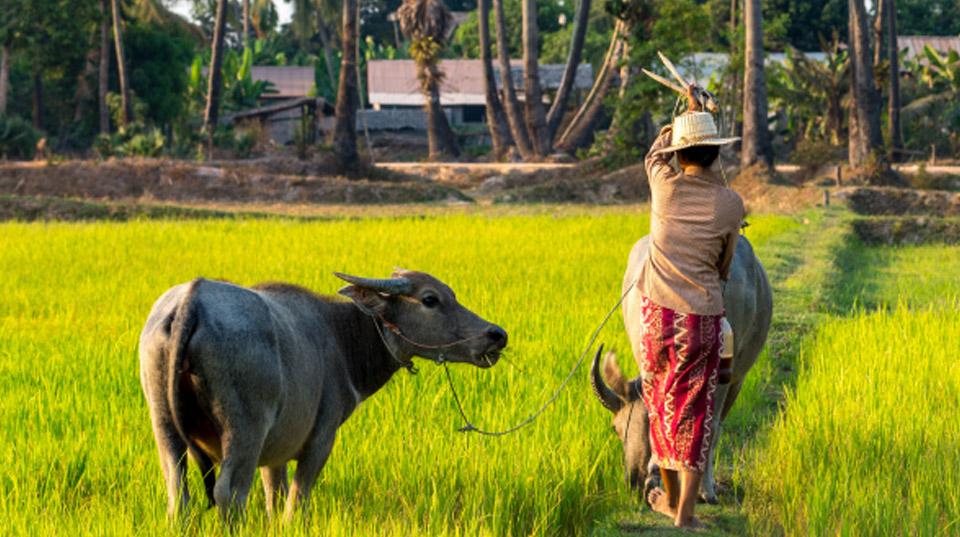Overview
Oil palm is the most important crop in PNG in terms of export income (over K1,000 million in 2008), directly supporting approximately 18,600 registered smallholder families and an estimated 200,000 people, and driving the cash economies of the four provinces in which it is grown. In these provinces the future productivity of oil palm and other crops, future food security, integrity of surrounding ecosystems and consequent community wellbeing all rely on environmentally sustainable management of oil palm.
Project outcomes
This project developed and implemented meaningful, practical environmental sustainability indicators for soil and water resources, underpinning the principles and criteria of the Round Table on Sustainable Palm Oil (RSPO) in which all PNG palm oil producers participate.
Broad aims of the project were:
- to identify the main risks then develop options for managing them, as a means of ensuring that smallholder oil palm growers sustainably use soil and water resources;
- to implement/establish management practices that ensure sustainable use of these resources;
- to develop indicators to assess performance and guide management, complementary to the RSPO.
The project contributed to environmental accreditation, which is essential for the long-term viability of the palm oil industry.




